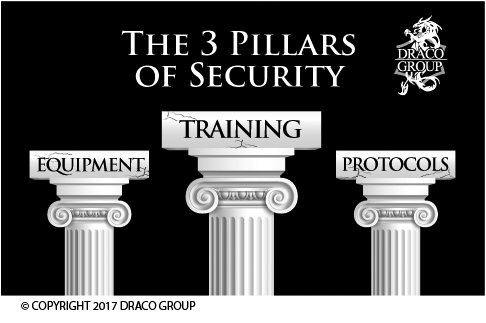CHURCH SECURITY
Where do we start?
A sanctuary is a welcoming place of refuge and safety. In today's increasingly violent world,
however, even our churches have come under attack. We no longer live in a time when we can
ignore this fact and we must now find ways to protect our church families. This has led many
church leaders to ask the question, "Where do we start?"
Southern Mutual Church Insurance Company is responding by partnering with local law
enforcement officials and key security consultants to provide our churches with the comprehensive
information you need to create a security program suited to your church's specific needs. Over
the coming months, we will update our website with guidelines, links, and a video to share
the key principles you need to provide a more secure church campus, without losing the
welcoming environment your church is called to be in the community.
SMCI is receiving many questions and concerns from our churches, with the most frequently asked question
being, "Can church members with a concealed carry permit bring their firearms onto the church premises?"
This is a question that is becoming more common with the increase in violence. The final decision on allowing
firearms on the premises rests with state law and the church leadership. However, if the church leadership
decides to allow certain members to carry a concealed firearm, the church should be sure the person has a valid
license/permit, along with firearms/security/safety training that goes well beyond what most states require to
obtain a license/permit. Please note that just because someone has a license/permit doesn’t mean they should be
allowed to carry a firearm on church premises, as some people are not suited to handle this responsibility.
Obviously, this is a difficult issue and one that should be addressed in the church’s security plan. Be sure to
enlist the expertise of local law enforcement and those in the legal field when developing your security plan.
CLICK HERE for links to security/medical resources.
Start With the Basics
 Build your Church Security Program on a solid foundation. There are three pillars of security
on which you should base your program.
Build your Church Security Program on a solid foundation. There are three pillars of security
on which you should base your program.
TRAINING - PROTOCOLS - EQUIPMENT
While you may be tempted to
run out and purchase cameras for every corner of your buildings, without the proper protocols and
training in place those cameras become an investigative tool after an incident.
Your initial focus should be on protocols and training, then add equipment as tools to
enhance the capabilities of your Security Team. Listed below are several suggestions to
get your Security Program started.